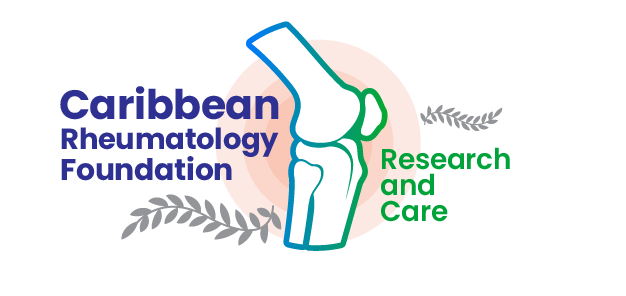📢 Let’s Talk About Rheumatology: Understanding Joint
Rheumatology is a branch of medicine focused on diagnosing and managing disorders of the joints, muscles, and bones, particularly those involving autoimmune conditions. Rheumatic diseases, like rheumatoid arthritis, lupus, and scleroderma, affect millions of people worldwide, impacting their quality of life and ability to function. Yet, despite their prevalence, many people remain unaware of the early warning signs and complexities of these conditions.
What is Rheumatology?
Rheumatology addresses diseases that often fall under the broad category of “autoimmune” conditions, where the body’s immune system mistakenly attacks its own tissues. This immune dysfunction can lead to painful inflammation, stiffness, and degeneration of the joints and other tissues. Common rheumatic diseases include:
- Rheumatoid Arthritis (RA): An autoimmune disorder that causes chronic inflammation in the joints, leading to pain, swelling, and, over time, joint deformity.
- Systemic Lupus Erythematosus (SLE): A complex condition that can affect not only joints but also skin, kidneys, brain, and other organs.
- Ankylosing Spondylitis: Primarily affecting the spine, this condition can lead to severe, long-lasting back pain and spinal stiffness.
- Fibromyalgia: A chronic disorder characterized by widespread musculoskeletal pain, fatigue, and tenderness in localized areas.
These conditions are not only debilitating but also often misdiagnosed or misunderstood.
The Importance of Early Diagnosis
One of the challenges in rheumatology is recognizing these diseases early, as their initial symptoms can be subtle and mistaken for common ailments. Early symptoms may include joint stiffness, fatigue, and mild pain, which people often attribute to aging, stress, or minor injuries. However, when left untreated, many rheumatic diseases progress rapidly, causing irreversible damage to joints and other organs.
Early intervention is crucial in managing these diseases. Treatments have advanced significantly, with options ranging from anti-inflammatory medications to disease-modifying antirheumatic drugs (DMARDs) and biologics. These treatments can help slow disease progression, reduce pain, and improve quality of life.
Raising Awareness: Why It Matters
Despite their impact, rheumatic diseases often lack the public awareness associated with other chronic conditions. This lack of awareness can lead to delays in diagnosis and treatment, contributing to unnecessary pain and disability for those affected. Raising awareness helps by:
- Encouraging Early Medical Evaluation: Increased awareness can lead individuals experiencing symptoms to seek medical advice earlier, reducing the risk of long-term complications.
- Supporting Research and Treatment Development: Awareness campaigns can drive public interest in research funding, leading to more breakthroughs in treatment options and ultimately benefiting patients.
- Combating Stigma and Isolation: Living with a chronic illness can be isolating. By spreading information and fostering understanding, we can create a more inclusive and supportive environment for those affected by rheumatic diseases.


